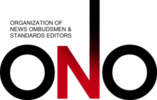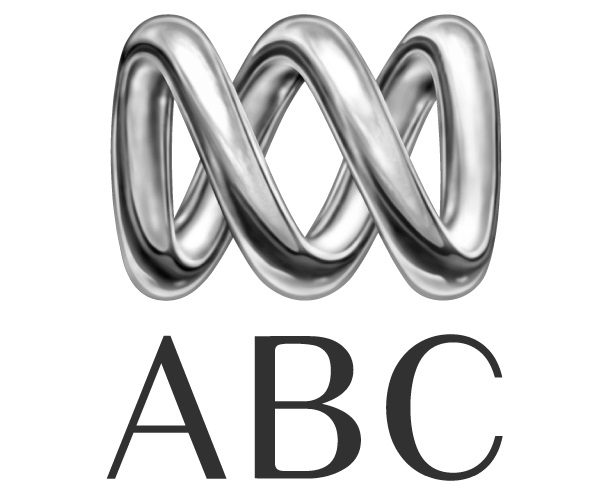Most people have heard of ESPN. It’s a world leader in sports and sports news broadcasting, with a global reach and unprecedented influence on standards of sports coverage and sports reporting.
A few days ago, it announced a significant change to its organisation. It’s a change that, for many people, will go unremarked and even unnoticed. And that’s a shame, because it’s a change I fear will cause damage, not just to ESPN but to all media around the world.
ESPN announced that, like the Washington Post and the New York Times before it, it would be abolishing its news ombudsman, a crucial public watchdog role that has been in place for over a decade.
The role of a news ombudsman, like that of a standards editor or public editor, is to be an honest broker between a media organisation and its audience – someone who can fairly and honestly deal with complaints, transparently review editorial performance, and demonstrate that their organisation genuinely cares about and responds to public concerns about how it’s doing its job.
ESPN has, in the past, described how vital the role is in providing “independent examination, critique and analysis” of their programming and “transparency and advocacy for fans, especially in this increasingly multimedia world.”
The irony, of course, is that with the role of the media coming under more and more pressure from ‘fake news’, interfering Governments, misinformation, disinformation and a plethora of confused and polarised commentary, it has never been more important for responsible and ethical media organisations to do everything they can to build trust with the public. Now more than ever we need to be demonstrating that we transparently hold ourselves to a high standard. A key means of doing that is to employ someone who can respond genuinely and independently to audience complaints as well as proactively reviewing content and critiquing their own organisation.
Abandoning a commitment to a news ombudsman might seem crazy at such a time, but of course it makes sense for one obvious reason – money. ESPN argues that the rise of social media means their audience can communicate directly with them now without the need for an honest broker, but no amount of tweets can ensure there is someone carefully listening at the other end. But as media organisations come under more and more financial pressure from a loss of advertising revenue, every opportunity for savings is examined. If losing your ombudsman means you don’t have to sack yet another journalist, it can seem like a good decision. In the short term.
The last ombudsman at ESPN – Jim Brady – was a member of the international Organisation of News Ombudsmen and Standards Editors. It’s a body I am proud to be a member of, in my role as Editorial Director of the ABC.
The ABC, along with SBS, has long been committed to transparency and accountability when it comes to our content. It comes at a financial cost, and that cost can be significant when budgets are stretched and cuts need to be made. But for a media organisation that belongs to the Australian public, it’s simply not negotiable. The public’s trust is more important to us than anything else. We know we are the most trusted media organisation in the country, but we can’t take that for granted.
And so not only does the ABC employ an editorial advisory team to train staff in editorial standards, independently review our content on a regular basis and transparently publish those reviews, we also employ a small team of complaints handlers to investigate editorial complaints. These teams work independently of our content makers, reporting directly, through me, to the Managing Director. They are proof that we take very seriously the editorial standards we operate under and the public’s concerns about where we might be failing.
No other media organisation in Australia has committed as many resources and staff to this vital role, but it is part of what a public broadcaster must do to fulfil its obligations to the people who fund it. We are privileged to be provided with our funding directly by all Australians, and so this level of accountability is part of what we owe them.
It does mean that our errors, our misjudgements and our mistakes get a lot of public attention when we make them. Just as I publicly defend the ABC when it needs defending, I also publicly acknowledge when we have made mistakes. In the long run, both of those are necessary components of building trust.
For commercial media operators like ESPN it is harder to keep paying for ethical watchdogs in tough economic times, and it is hard to be critical of those who find they can no longer resource them. But one thing that unites all media organisations around the world is the vital importance of winning the public’s trust for the work we do. And any reduction in the number of my international colleagues carrying out this task affects all of us.
To read more of the ABC’s own independent editorial reviews of its content, visit our content reviews page.
Alan Sunderland
Editorial Director

